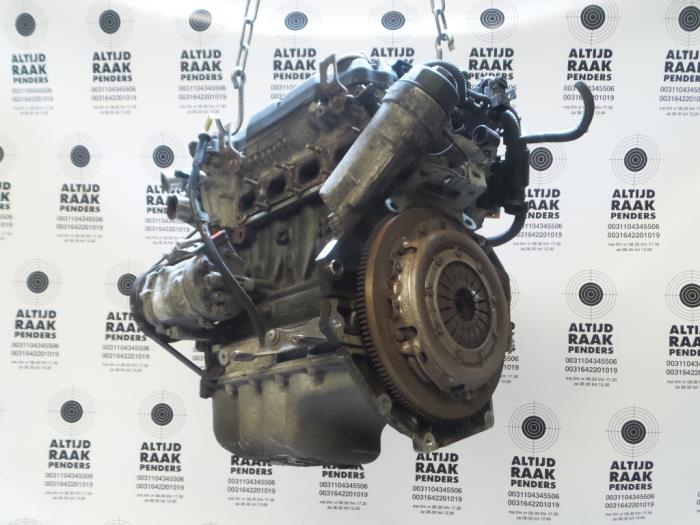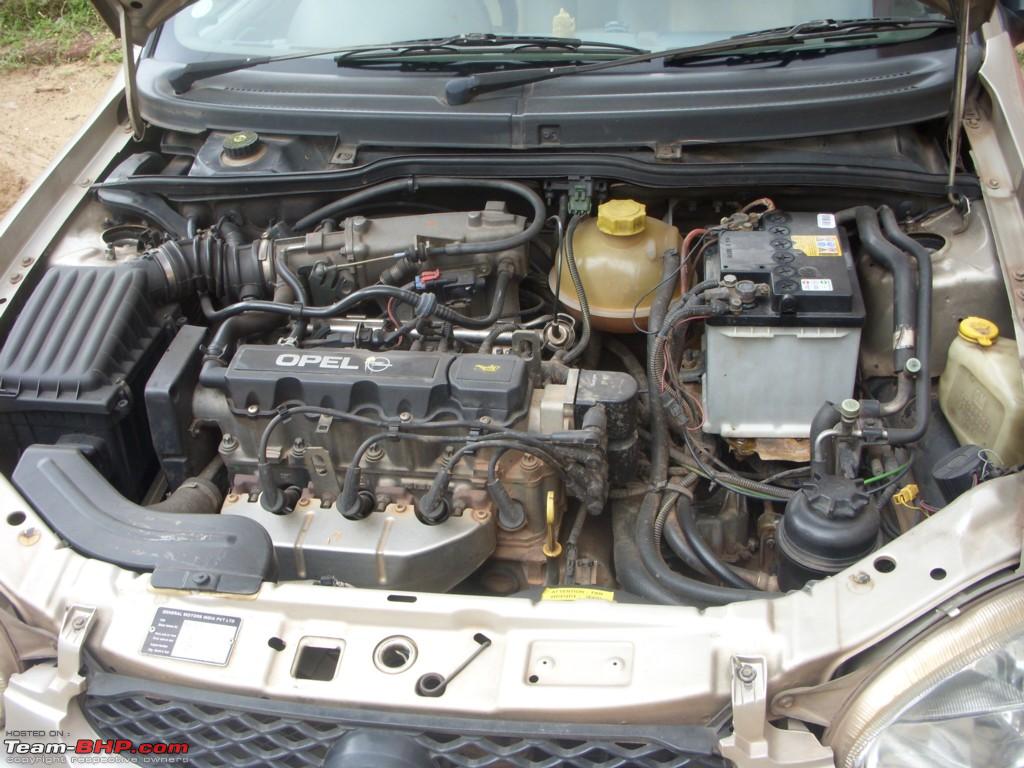Engine Acquiring Specialist Tips on Picking the Right Engine for Your Specific Needs
Selecting the right engine for your details requirements involves an intricate interaction of elements that go past simple horsepower numbers. By delving into the details of power versus effectiveness, assessing fuel rankings, and budgeting for long-lasting costs, one can genuinely enhance their engine choice.
Power Vs. Performance: Locating the Balance
When selecting an engine, it is crucial to strike an equilibrium between power and performance to satisfy your details requirements effectively. Power describes the engine's ability to create power for propulsion, figuring out elements like velocity, towing capability, and total performance - Opel Corsa 1.4 Engine Price. On the various other hand, efficiency associates to just how well the engine utilizes gas to generate power, affecting variables such as fuel economic climate and ecological friendliness
Accomplishing the appropriate balance in between power and performance is important due to the fact that an engine that is too effective might consume extreme gas, leading to higher operating prices and unneeded strain on the atmosphere. On the other hand, an engine that focuses on performance over power may lead to slow efficiency, specifically sought after circumstances like pulling hefty loads or driving uphill.
To make an informed decision, think about variables such as your regular driving conditions, the intended use of the car, and your individual choices. By evaluating your requirements and concerns, you can choose an engine that strikes the best equilibrium in between power and performance, making certain optimal efficiency while minimizing environmental impact and operating expense.
Comprehending Engine Dimension and Kind
To better improve the option procedure of an engine that strikes the optimum equilibrium in between power and performance, it is vital to explore the complexities of comprehending engine size and type. Engine dimension describes the complete quantity of air and gas that can be pressed via the engine cyndrical tubes. It is generally determined in liters or cubic centimeters. Larger engine sizes normally lead to more power output however can likewise cause reduced gas performance. On the various other hand, smaller engine dimensions are frequently extra fuel-efficient however may sacrifice some power.
Additionally, engine kind plays an important role in establishing the performance characteristics of an engine. Usual engine types consist of inline engines, V engines, and rotary engines, each with its one-of-a-kind advantages and downsides. The engine type influences elements such as the engine's dimension, weight distribution, and power distribution. Understanding the interaction in between engine size and kind is vital in choosing an engine that aligns with your certain needs and concerns, whether it be power, efficiency, or a balance of both.

Consider Your Car's Needs
Considering your lorry's demands is a fundamental action in the engine choice process to guarantee optimal efficiency and functionality. It is necessary to assess factors such as the meant use the car, its weight, towing capability, and gas effectiveness demands. For example, if you are seeking an engine for a durable vehicle that will be utilized for towing, you will certainly need an effective engine with high torque capabilities. On the various other hand, if you are selecting an engine for a small vehicle largely used for city travelling, gas see this website efficiency may be an extra critical aspect to consider.
If you often drive in hilly or uneven areas, a durable engine with excellent climbing power will be essential. By straightening the engine specs with your car's requirements, you can make certain that your lorry operates effectively and meets your performance expectations.
Reviewing Gas Effectiveness Scores
Assessing gas effectiveness ratings is an important element of selecting the appropriate engine for your automobile, making sure cost financial savings and environmental sustainability. Fuel performance ratings, typically gauged in miles per gallon (MPG) for gasoline engines or kilowatt-hours per 100 miles (kWh/100 miles) for electrical engines, suggest just how far a vehicle can take a trip on a certain quantity of fuel or electrical power. Greater MPG or lower kWh/100 miles worths represent more reliable engines, translating to minimized gas expenses and reduced carbon discharges.
When reviewing fuel performance ratings, consider your driving routines and needs. A highly fuel-efficient engine can result in considerable financial savings over time if you commute long distances daily. Additionally, contrast various engine options within the exact same lorry class to determine the most economical option. Aspects such as engine size, weight, the rules Look At This of aerodynamics, and crossbreed or electrical capacities can all influence fuel performance.
Budgeting for Long-Term Prices
Strategically intending for lasting costs is vital when selecting an engine, ensuring economic sustainability over the car's life-span. While the preliminary purchase rate of an engine is a considerable factor, it is critical to think about the long-term prices connected with upkeep, repair services, and fuel intake.
Moreover, researching the accessibility and price of substitute parts for the selected engine is crucial in spending plan preparation. By carefully budgeting for these long-term costs and factoring them into the decision-making process, people can choose an engine that not just meets their immediate needs however likewise stays cost-efficient throughout its life-span.
Conclusion
To conclude, selecting the best engine for your particular requirements needs balancing power and effectiveness, comprehending engine size and type, considering your car's requirements, assessing fuel effectiveness ratings, and budgeting for long-term costs. By thoroughly considering these factors, you can ensure that you choose an engine that fulfills your demands and supplies ideal performance for your vehicle.
To further improve the choice process of an engine that strikes the optimum equilibrium between power and performance, it is crucial to dig into the details of comprehending engine size and kind. Engine size refers to the complete volume of air and gas that can be pushed via the engine cylinders. Common engine kinds include inline Source engines, V engines, and rotating engines, each with its distinct benefits and disadvantages. Recognizing the interplay in between engine size and kind is important in selecting an engine that straightens with your specific demands and concerns, whether it be power, performance, or a balance of both.
